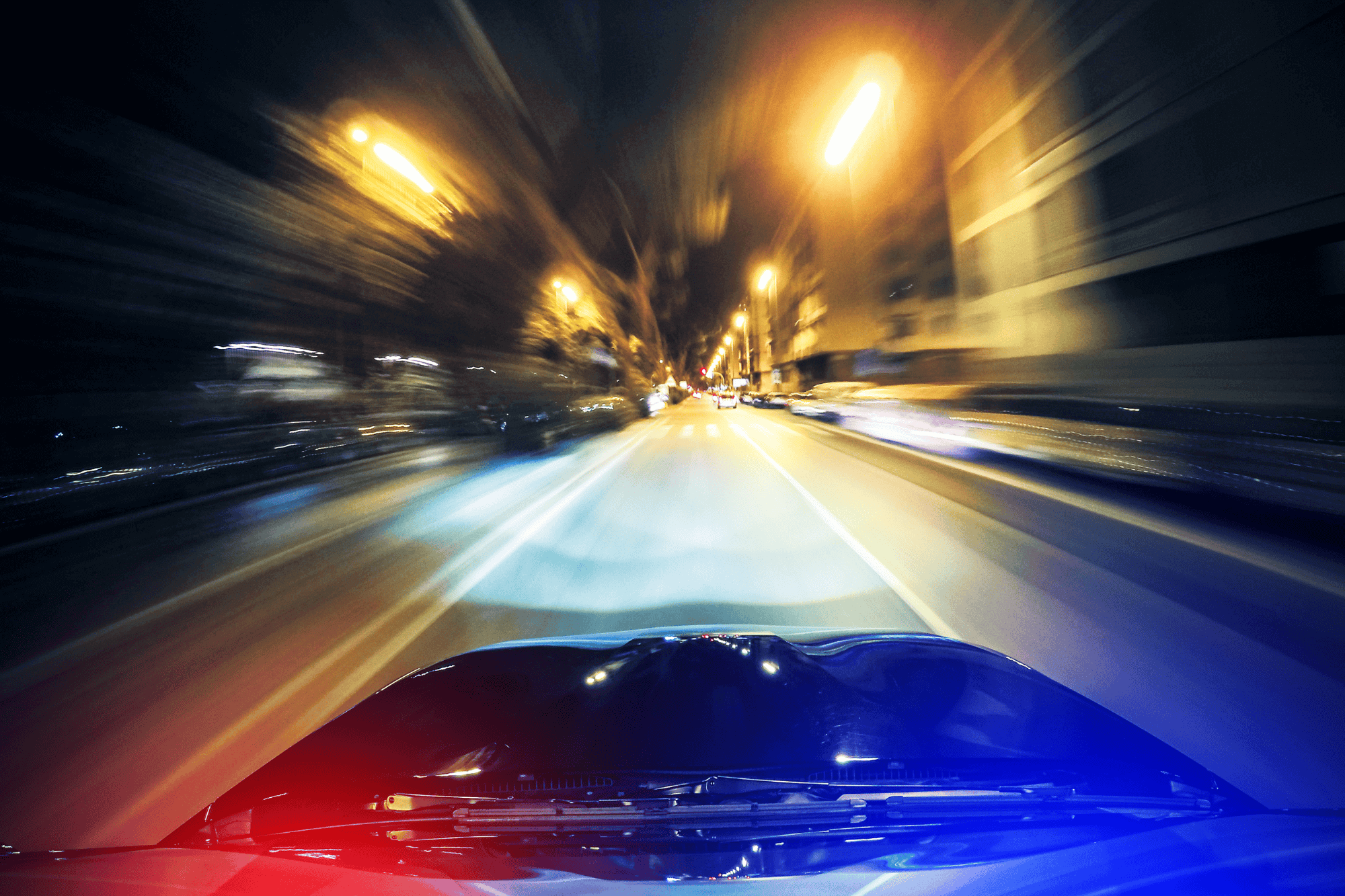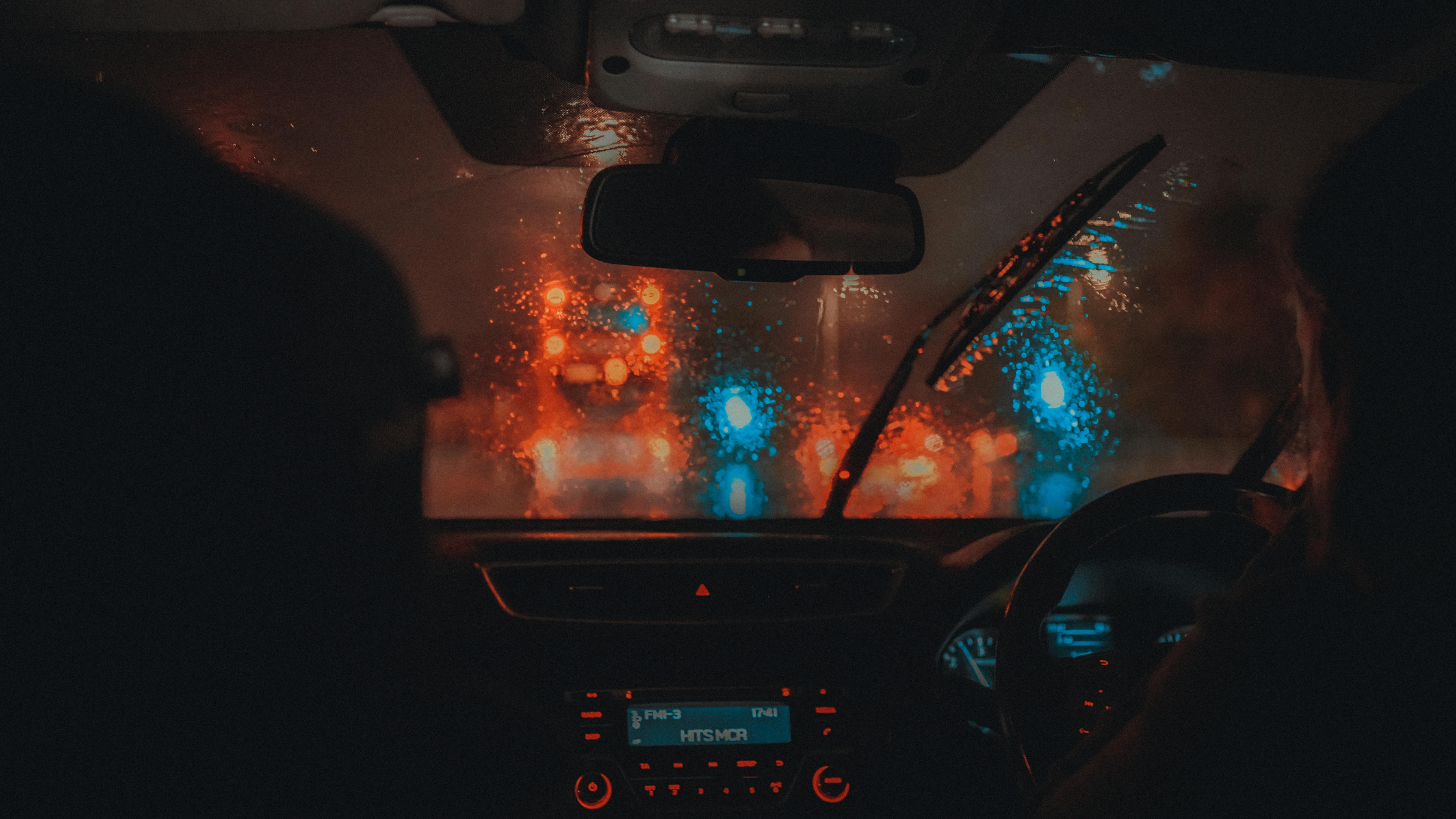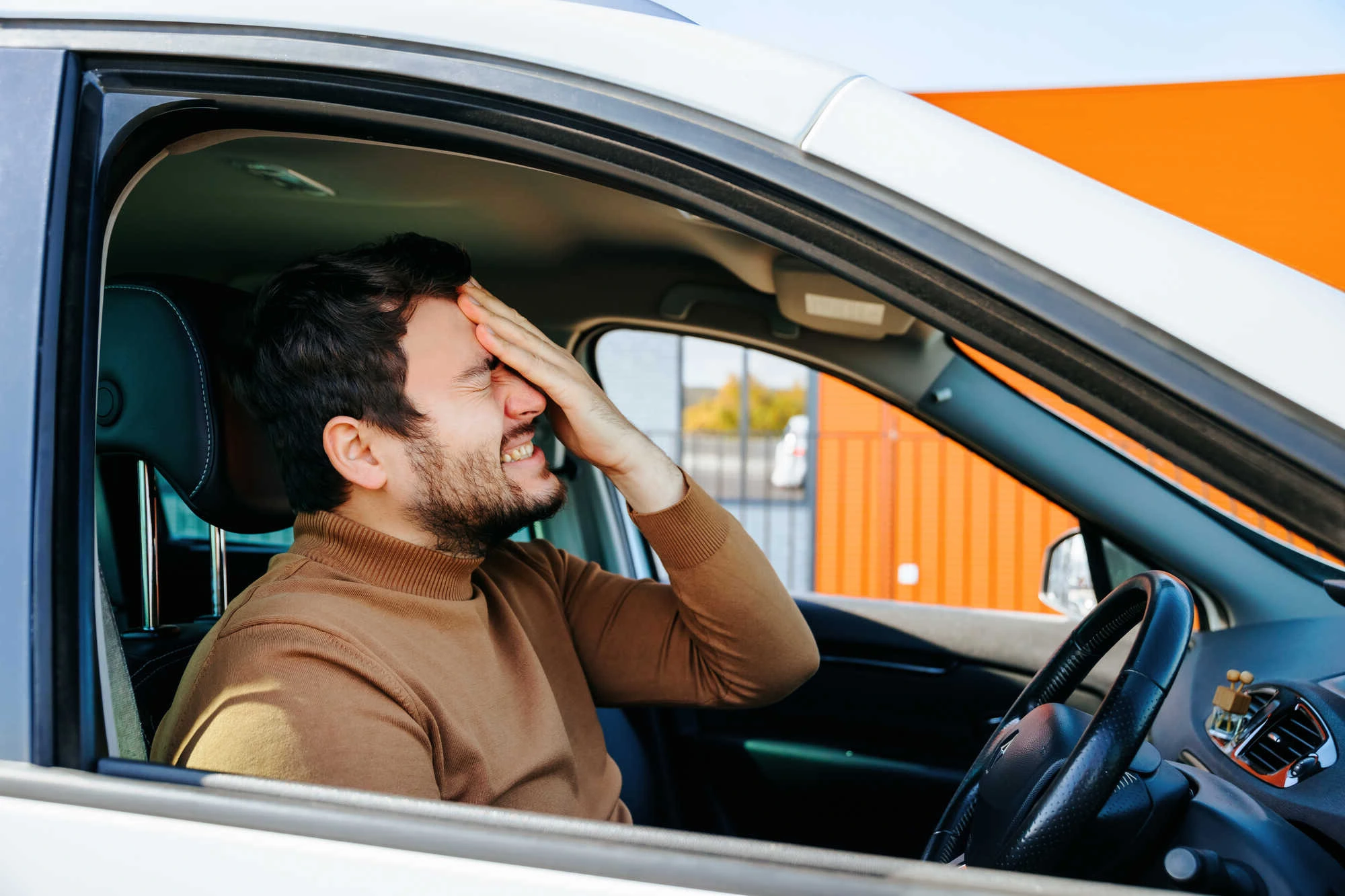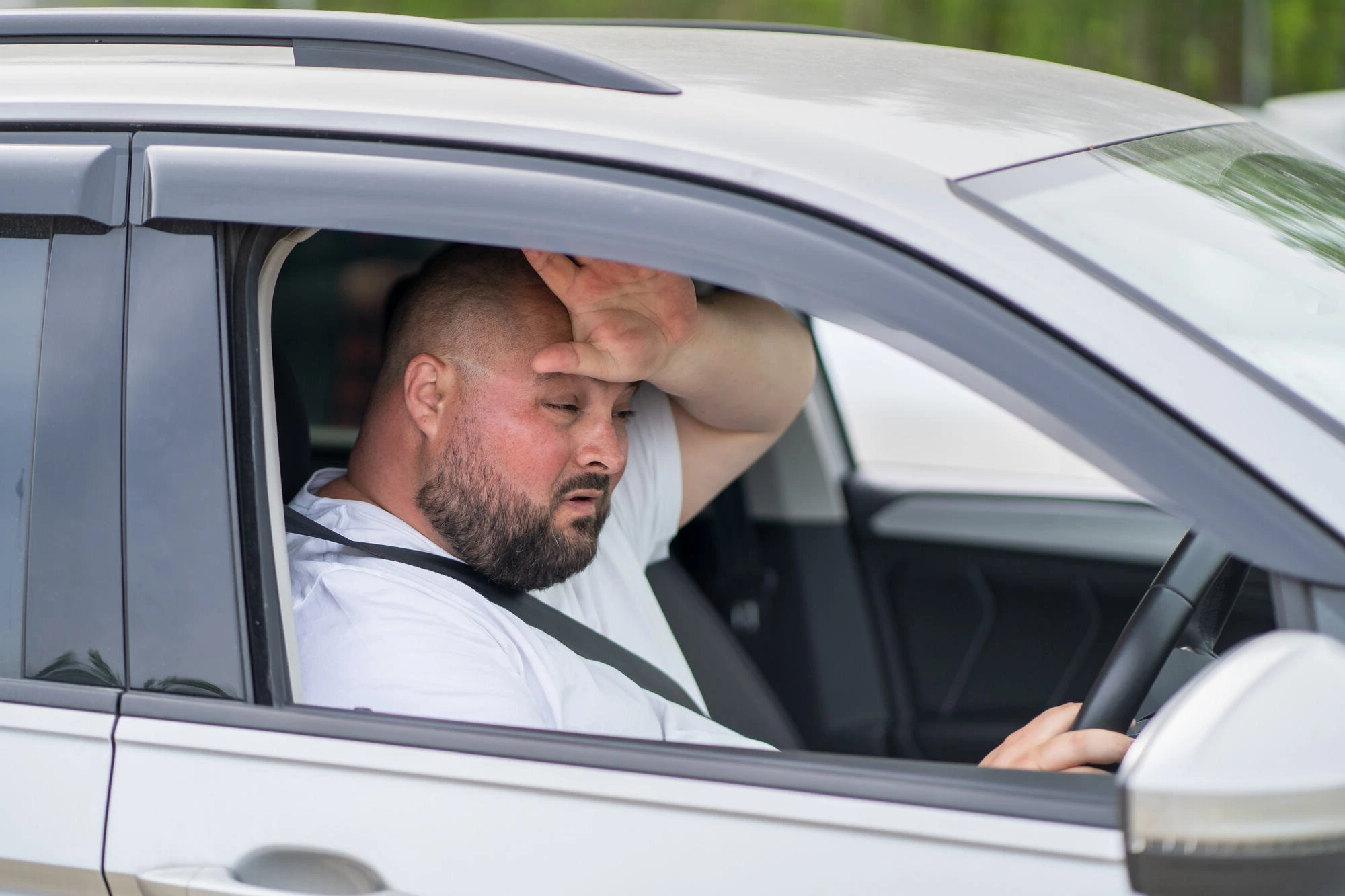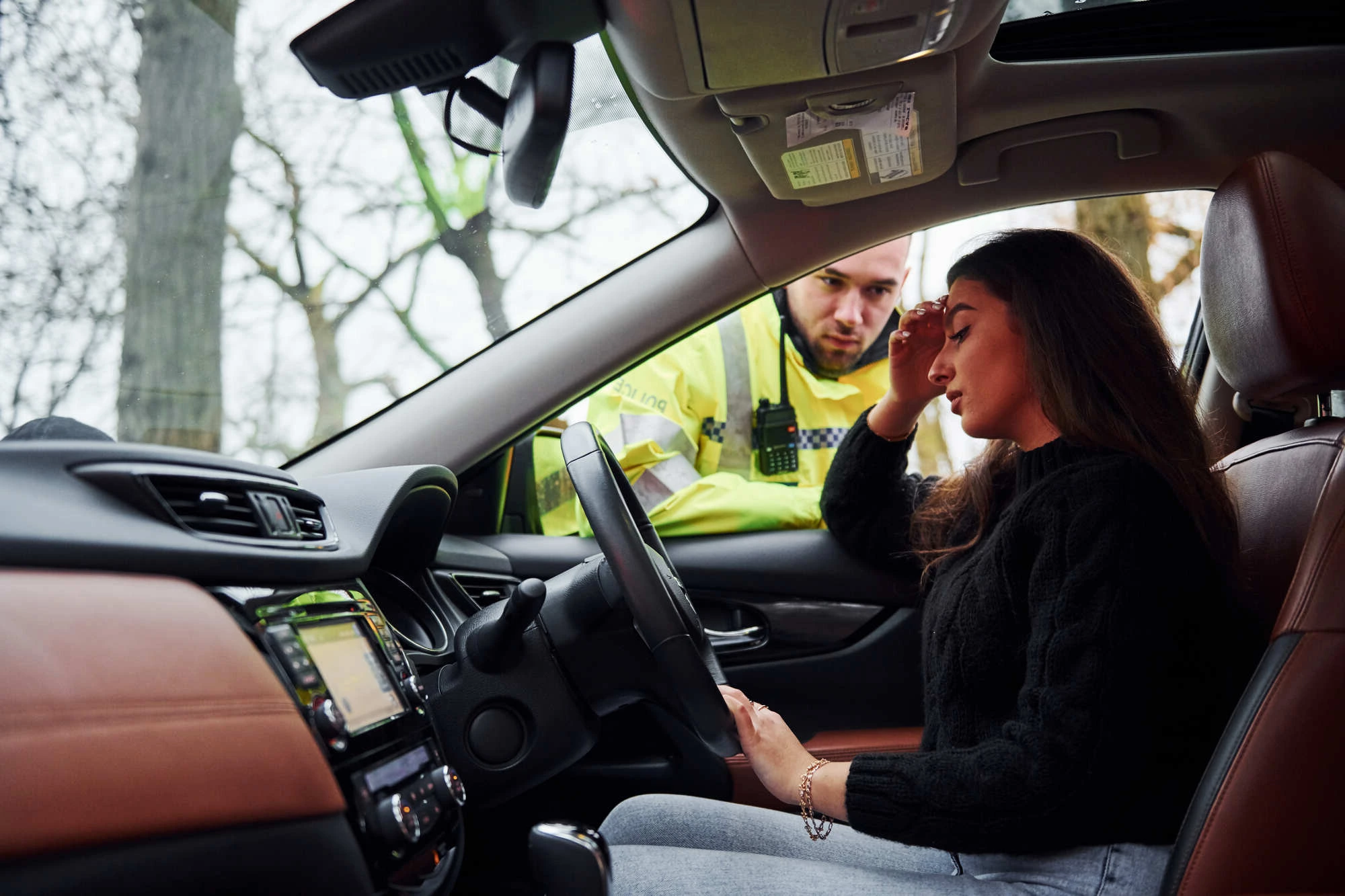Drug driving continues to rise across the UK, and police officers now stop more drivers for drug driving than ever before. Many people assume drug driving only involves illegal drugs, but the law also covers prescription medication, over the counter medicines and any substance that affects driving ability. When drivers understand how drug driving laws work, they protect their licence, their safety and their future insurance options.
What the Law Classifies as Drug Driving
UK drug driving laws cover two types of offences. Both can lead to a conviction, a driving ban and long term insurance issues.
Driving while impaired by drugs
Police officers can arrest a driver if they believe drugs have affected that person’s ability to drive. Officers look for slow reactions, poor coordination, confusion and any behaviour that suggests the driver cannot control the vehicle safely. Officers do not need to prove the amount of a drug in the system. They only need to show the driver was unfit to drive.
Driving with drugs above the legal limit
The law also sets specific limits for seventeen drugs. These include illegal drugs such as cannabis, cocaine, ketamine and MDMA, and prescription medicines such as methadone, diazepam and morphine. These limits are extremely low. Officers can charge a driver even if that driver feels normal or believes the drug has worn off. A positive blood test is enough to secure a conviction.
The Drugs Most Commonly Linked to Drug Driving Arrests
Police forces across the UK frequently report the same substances in drug driving arrests.
These include:
-
Cannabis
-
Cocaine
-
Ketamine
-
MDMA
-
Strong pain relief medication
-
Anti anxiety medication
-
Sleeping tablets
-
Sedating antihistamines
Drivers often underestimate how long drugs stay in the body. Cannabis can remain detectable for days. Cocaine can trigger a positive test long after the effects fade. Some prescription medication can impair driving for many hours if the driver has not built tolerance.
How Police Officers Test for Drug Driving
Police officers now use roadside swab tests to detect cannabis and cocaine. Officers take a saliva sample and place it into a testing kit. If the kit shows a positive result, the officers arrest the driver and take them to a police station for a blood test.
Officers use a different process for other drugs. They carry out a field impairment test. This includes balance checks, reaction tests and eye movement assessments. If the officer believes the driver shows signs of impairment, the officer can order a blood sample to test for a wider range of substances.
Penalties for Drug Driving in the UK
Courts treat drug driving as a serious offence because it places other road users at risk. A typical sentence for drug driving includes:
-
A minimum twelve month driving ban
-
A criminal record
-
A fine of up to five thousand pounds
-
A possible prison sentence
-
Higher insurance premiums for future policies
-
Loss of employment if driving forms part of the job
-
Vehicle seizure in some serious cases
Courts often give harsher penalties to repeat offenders or drivers who show very high levels of drugs in their system.
How a Drug Driving Conviction Affects Insurance
A drug driving conviction makes insurance more expensive and more difficult to find. Many insurers decline to cover drivers with drug driving convictions. Other insurers raise premiums and require high excesses. Almost all insurance applications ask about previous convictions for at least five years, and insurers check DVLA records to confirm answers.
Specialist convicted driver insurance helps many drivers return to the road after a ban. These policies cover people with drug driving convictions, dangerous driving convictions and other serious motoring offences. The premiums remain higher than standard policies, but specialist cover ensures the driver can legally use their vehicle again.
How Prescription Medication Leads to Drug Driving Charges
Many drivers assume prescription medication cannot cause a drug driving offence. This assumption creates risk. Medication such as diazepam, codeine, tramadol, morphine and strong antihistamines can impair driving. If a driver feels drowsy, light headed or slow, officers can charge that driver with impairment, even if the blood level remains within the medical limit.
Drivers can protect themselves by following simple steps.
-
Read medication labels carefully.
-
Ask a GP or pharmacist if the medicine can affect driving.
-
Avoid alcohol when taking any medication that causes drowsiness.
-
Do not drive when feeling unsteady or foggy.
Prescription medication can help many conditions, but drivers must stay aware of the impact on reaction times and decision making.
Why Drug Driving Continues to Increase
Several factors contribute to the rise in drug driving across the UK.
-
Roadside testing has become faster and more accurate.
-
Police officers now receive more training to spot impairment.
-
Access to illegal drugs has increased in some regions.
-
More drivers use prescription medication for anxiety, pain and sleep disorders.
As enforcement improves, officers identify more cases and more drivers face arrests and bans.
How Drivers Can Stay Safe and Avoid Drug Driving Charges
Drivers can reduce the risk of drug driving by taking a practical approach.
-
Never drive after using illegal drugs.
-
Do not drive if medication affects alertness or reaction times.
-
Follow dosage instructions exactly as given.
-
Ask a medical professional for advice when unsure.
-
Arrange taxis or lifts when taking anything that causes tiredness.
Drug driving laws aim to keep roads safe, and understanding these rules helps every driver protect themselves and others.
Why Understanding Drug Driving Matters
Drug driving destroys licences, increases insurance costs and creates long term problems for drivers. When drivers understand the risks, the penalties and the insurance consequences, they make better choices. Clear information helps drivers stay safe, stay legal and stay aware of the impact drugs can have on their ability to drive. Get your drug driving insurance quote today.
